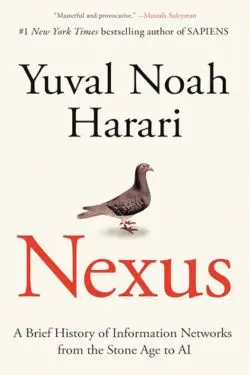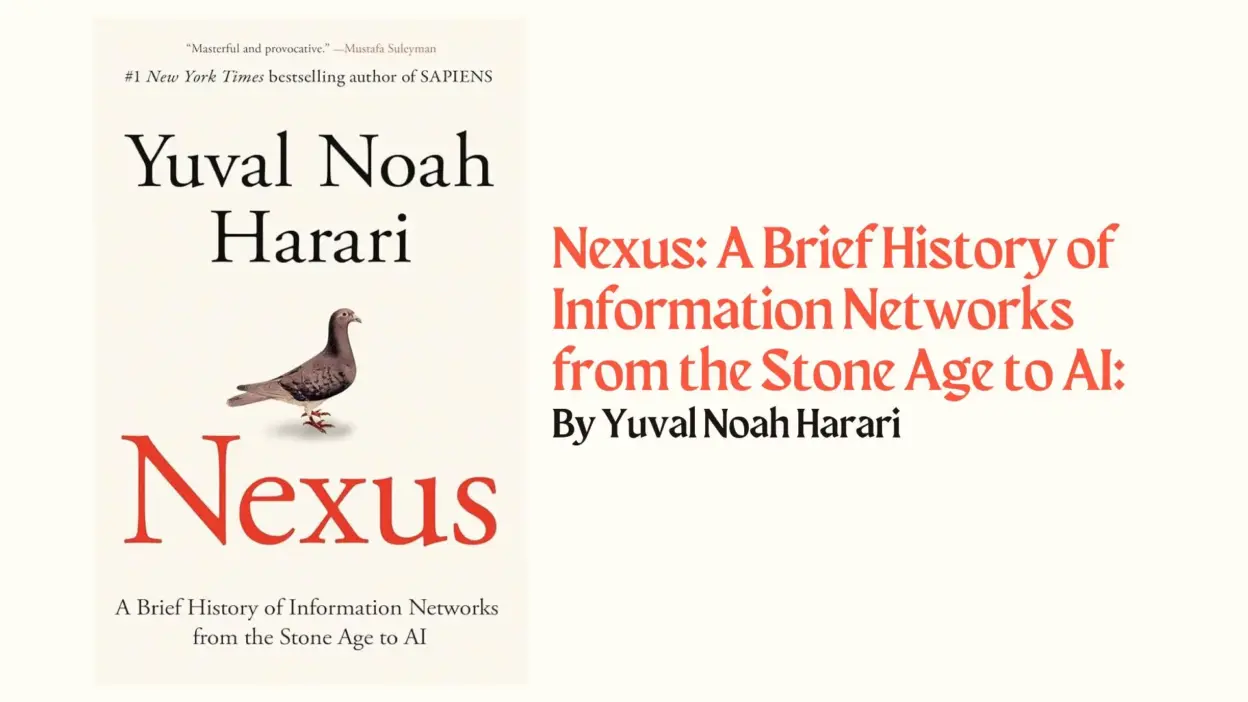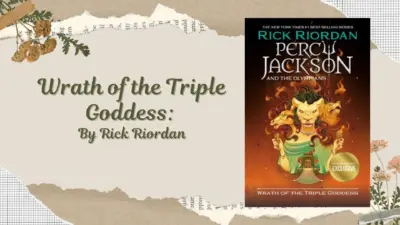Yuval Noah Harari’s Nexus: A Brief History of Information Networks from the Stone Age to AI delves deep into humanity’s journey with information, tracing the development of networks from ancient times to the cutting-edge age of artificial intelligence. Harari, known for his bestselling works like Sapiens and Homo Deus, brings his unique perspective to the table, offering a fascinating exploration of how information networks have shaped societies and continue to redefine them.
The Evolution of Information Networks
Harari’s narrative takes readers from the humble beginnings of communication through stone tablets to the highly interconnected networks of today. He explores how the transmission of information — whether through oral traditions, written texts, or digital data — has always been at the core of human civilization. From the ancient canonization of religious texts to the bureaucracies of modern states, Harari shows how societies have leveraged information for both unity and control. He argues that information, far from being merely data, has shaped the trajectory of history by influencing collective beliefs, mythology, and power structures.

AI and the Rise of New Realities
One of the standout sections of Nexus is Harari’s exploration of artificial intelligence (AI). He posits that we are at a pivotal moment where AI is not just another tool, but an entirely new kind of intelligence that could challenge human dominance. AI’s ability to process vast amounts of information autonomously presents both opportunities and risks. Harari warns that if we do not critically assess the implications of these technologies, we could find ourselves at the mercy of systems we no longer control. This ties into his broader concern that technological advancements, particularly AI, could lead to an existential crisis for humanity.
The “Conservative Suicide” and Political Dynamics
A fascinating aspect of Harari’s analysis is his concept of the “conservative suicide,” which he uses to describe the shift in traditional conservatism in response to technological changes. He argues that conservatism, traditionally focused on preserving established institutions, has become a revolutionary force, especially in the face of AI and digital information networks. Harari suggests that the political upheavals we witness today stem from these rapid transformations, which have left many traditional structures obsolete. This perspective offers a fresh lens to understand the political instability in today’s global landscape.
Comparison with Harari’s Previous Works
While Nexus shares the same broad historical sweep as Sapiens and Homo Deus, it is more focused on the present and future threats posed by the rise of digital information networks. In contrast to his previous works, which took a long view of human history, Nexus narrows its gaze on how these networks are fundamentally reshaping society and governance in ways that are unprecedented. Readers who enjoyed the broad philosophical reflections in Harari’s earlier Books may find Nexus more urgent and timely, especially in its examination of AI’s transformative potential.
Critiques and Reader Response
Despite its ambitious scope, some critics argue that Nexus can feel somewhat disjointed at times. Harari’s examination of historical and technological patterns, while thought-provoking, occasionally veers into speculative territory, especially when discussing AI’s future role in human society. His insights into the development of information networks are widely praised, but his more dystopian views of AI receive mixed reactions. Nonetheless, the book provides an important framework for readers to grapple with the rapid technological changes we face today.
Final Thoughts
Nexus: A Brief History of Information Networks from the Stone Age to AI is a compelling and thought-provoking read that forces us to confront the complex relationship between information, truth, and power. Harari’s ability to connect historical trends with present-day challenges makes this book a crucial guide for understanding the age of AI. While it may not offer easy answers, Nexus asks the right questions, urging readers to consider how humanity can navigate the challenges of the future without losing its way.
Also Read: Wrath of the Triple Goddess: By Rick Riordan (Book Review)



